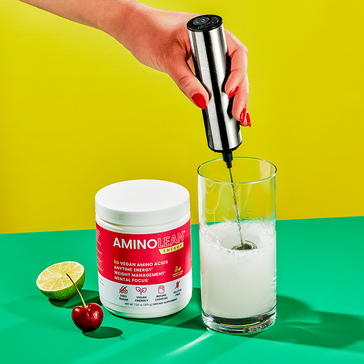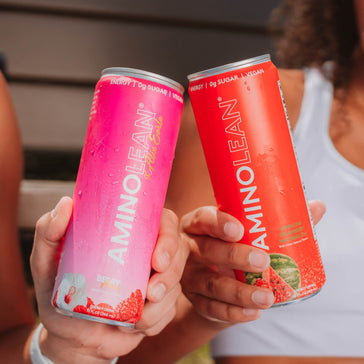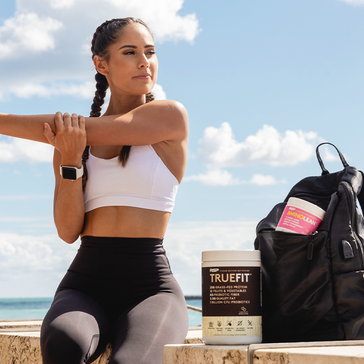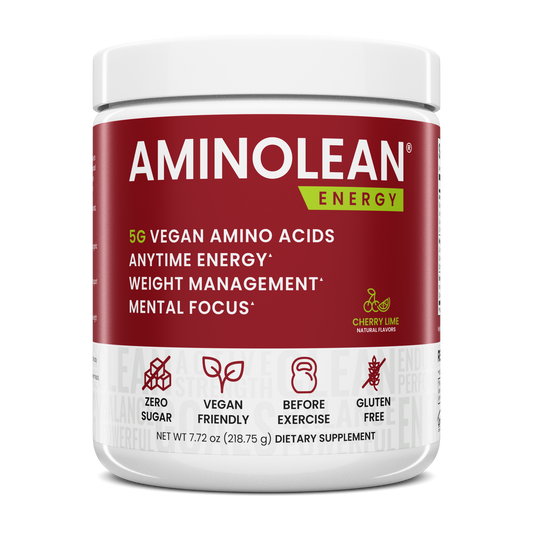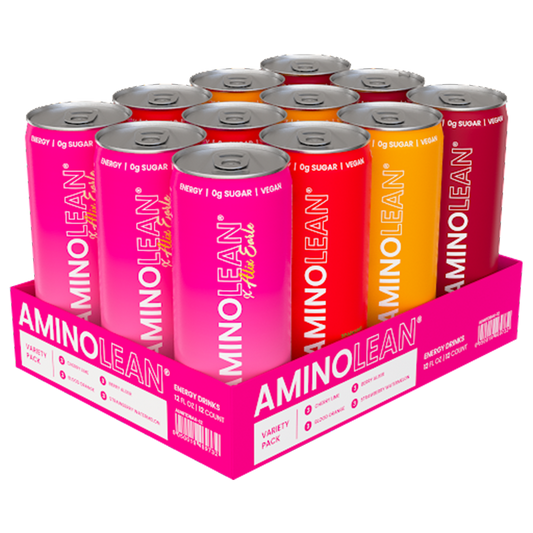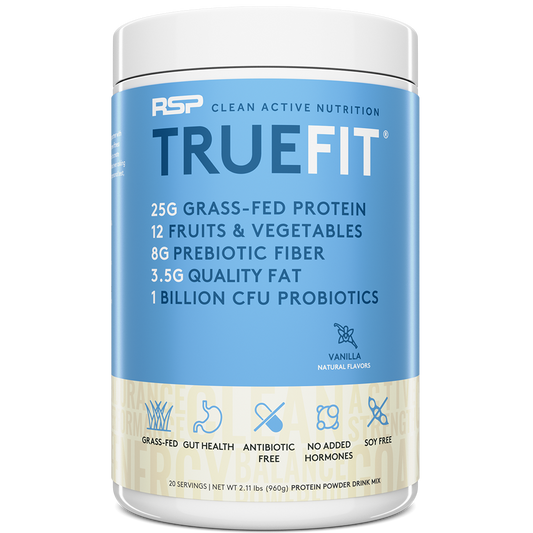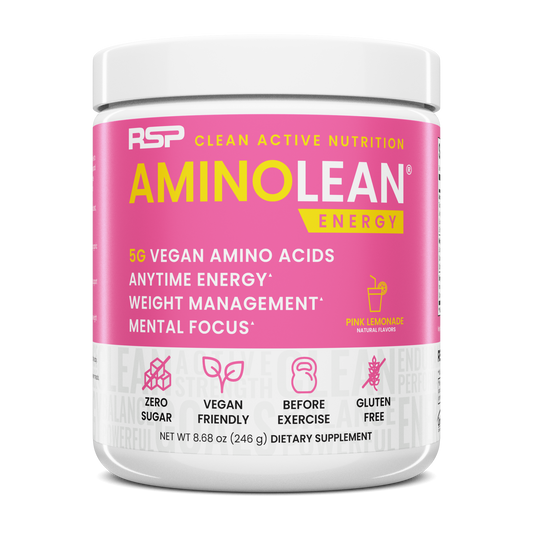Should You Be Doing Fasted Cardio?
By Emily Shiffer
When it comes to losing weight, there isn’t a day that goes by that doesn’t bring a new diet or workout: from the keto diet to intermittent fasting, or HIIT to circuit training.
And the latest workout making waves for its potential for serious weight loss is fasted cardio.
What is fasted cardio?
“This is a cardiovascular exercise (like running, cycling, swimming, etc.) done on an empty stomach after 8+ hours without food,” says Monica Auslander Moreno, MS, RD, LD/N, nutrition consultant for RSP Nutrition.
The logic: if you work out without eating anything beforehand (in a “fasted” state), you will boost your ability to burn more fat.
How does it work?
Essentially, since you haven’t given your body any additional fuel to use for your workout, it will use stored fat and glycogen.
“After an overnight fast, only our liver glycogen levels are depleted (not muscle glycogen), which means we have some glycogen on board for energy,” says Cindy Dallow, Ph.D., RD, sports dietitian in Colorado. “Body fat is stored as either visceral or subcutaneous triglycerides (fat). This is what most people want to lose, and it's what is measured with body composition analysis.”
When your body moves on to burn fat for energy though, it’s likely not going to burn your actual excess body fat.
“The fat being oxidized for energy is mainly coming from intramuscular triglycerides (IMTG),” says Dr. Dallow. “IMTG’s are triglycerides stored inside muscle cells that are used for energy during exercise and are replaced quickly through diet.”
The thing is, the fat that is being oxidized (used for energy) during fasted cardio is not the subcutaneous fat (like your belly fat), but rather intramuscular triglycerides.
“Many people think that it's coming straight from adipose tissue (body fat) and that they will lose weight faster. They believe that they are literally burning body fat for energy, and that is not the case,” says Dr. Dallow. “Fat oxidation increases quite a bit during fasted workouts, but that doesn't mean the fat is coming from adipose tissue.”
So, while fasted cardio does increase fat oxidation, it really does not cause loss of (noticeable) body fat.
“That would only happen if the total calories expended were higher than the total calories consumed over a period of time. I hear it all the time from athletes and non-athletes, that they're ‘burning more fat’ by doing fasted cardio, implying that they are using up more body fat,” says Dr. Dallow. “Higher intensity for a sustained amount of time will burn more total calories than low intensity exercise in a fasted state, which is ultimately what leads to fat loss.”
Should you try fasted cardio?
Research is mixed (and minimal) when it comes to determining if fasted cardio actually works to burn more fat.
A 2017 review of 5 studies on fasted cardio found it had ‘trivial effects’ on body mass reductions.
However, there have been studies that back up claims fasted cardio does boost fat burning.
A 2016 study compared exercisers who fasted versus those who ate, and found that exercisers who fasted had higher fat oxidation than the fed exercisers. And a 2013 study found that runners in a fasted state burned 20 percent more fat than those who ate breakfast beforehand.
And there is also research that over time, the body adapts to exercise in a fasted state.
A 2011 study found that exercisers who fasted over the course of six weeks showed improvement in their endurance compared to those who ate before they trained.
But whether you give fasted cardio a go should depend on a couple factors.
It depends on your body.
“Some of the negatives include compromised degree of performance in your workout, feeling faint, sick, or tired (the feeling of hitting "a wall" while exercising), and overcompensating after the workout and overeating because you are over-hungry,” says Auslander Moreno. “You're going to need to decide what feels best for your own body.”
And not everyone is a good candidate, especially those with certain medical conditions.
“Anyone prone to fainting, who is pregnant/nursing, or diabetic probably shouldn't try fasted cardio,” says Auslander Moreno.
It depends on your workout.
Fasted cardio may not be good for certain workouts.
“High intensity interval training (HIIT) is one of the best ways to reduce body fat, but you need carbs to do quality HIIT workouts. The higher the intensity of exercise, the higher the percentage of calories will be coming from carbohydrate,” says Dr. Dallow. “You can do HIIT in a fasted state, but not for very long and not as intensely as you could do with a pre-exercise meal.”
And research backs that up. Several studies have shown that although fat oxidation does increase during fasted cardio, performance does not.
“So, if you are wanting to run a faster 10k, there's no reason to do fasted workouts,” says Dr. Dallow.
And it’s not just HIIT that it’s not best for.
“Some people work out VERY intensely—bootcamp, endurance cycling, long runs, long workouts (over 90 minutes)—and it’s probably not best to fast before those workouts because you could start to eat into muscle stores during your workout,” says Auslander Moreno. “You need food as fuel.”
The bottom line:
“If a person is only wanting to do low intensity exercise, then fasting beforehand is fine. But if they are wanting a harder, longer workout (as in triathlon-training), they'll be able to go faster and farther if they have a pre-exercise snack or meal,” says Dr. Dallow.
And it doesn’t have to be much.
“At the very least, for people who don't love eating before a workout, we recommend even just 1/2 a banana to provide some rapidly available carbohydrate to fuel a workout and prevent any blood sugar issues that could lead to fainting,” says Auslander Moreno.
If you do go for a fasted cardio workout, remember to keep your expectations about workout performance and fat loss in check.
